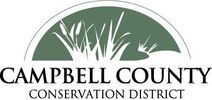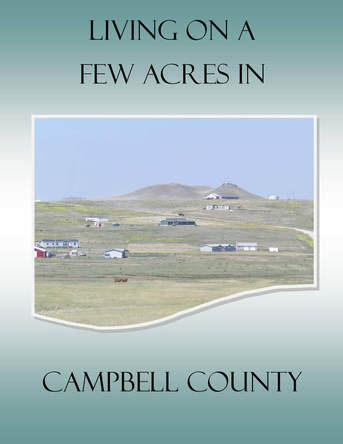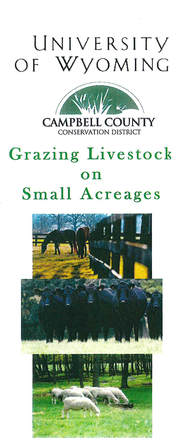Small Acreage
Issues Living on a rural small acreage property can provide many benefits, but there are often aspects of small acreage living that are not considered. Some of the common issues small acreage landowners face include;
|
ResourcesFortunately, there are many resources available to assist with maintaining and improving your small acreage property!
For additional information contact the Campbell County Conservation District at (307) 682-1824. Barnyards and Backyards: Rural Living in Wyoming Barnyards and Backyards YouTube Videos Campbell County Weed & Pest
www.ccgov.net/189/Weed-Pest 11 Northern Drive Gillette, WY 82716 (307) 682-4369 |


